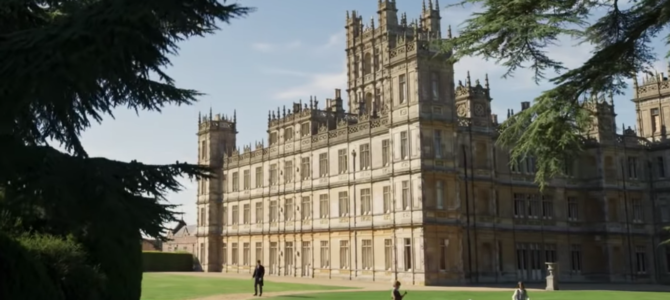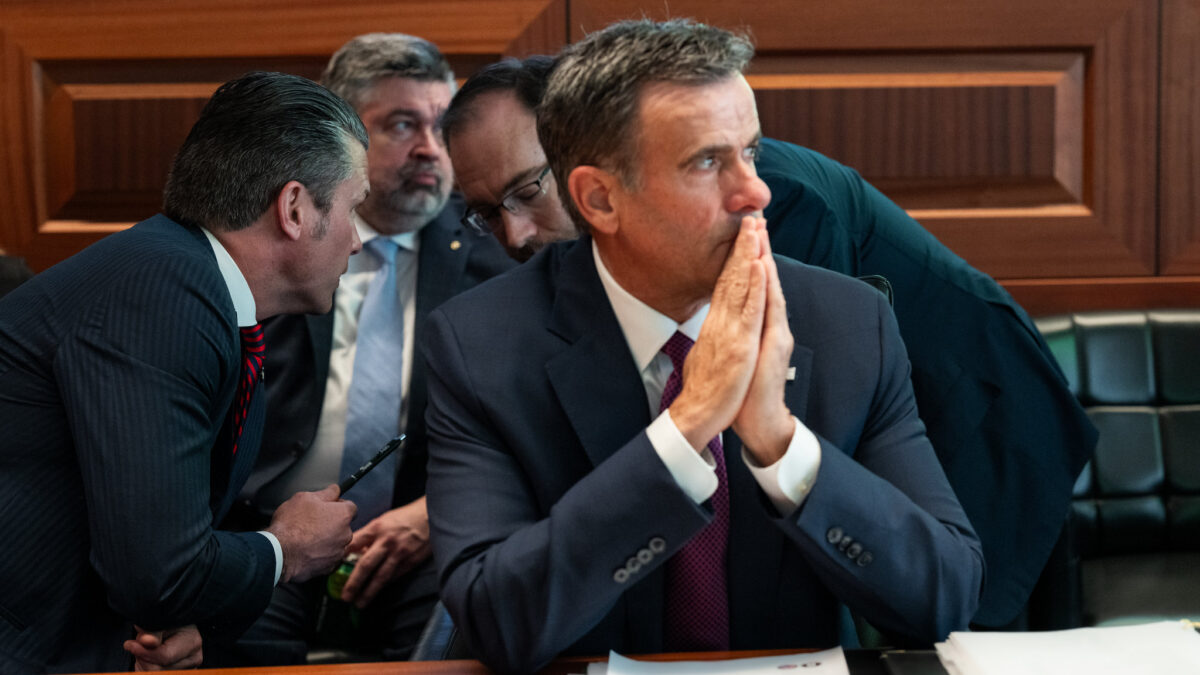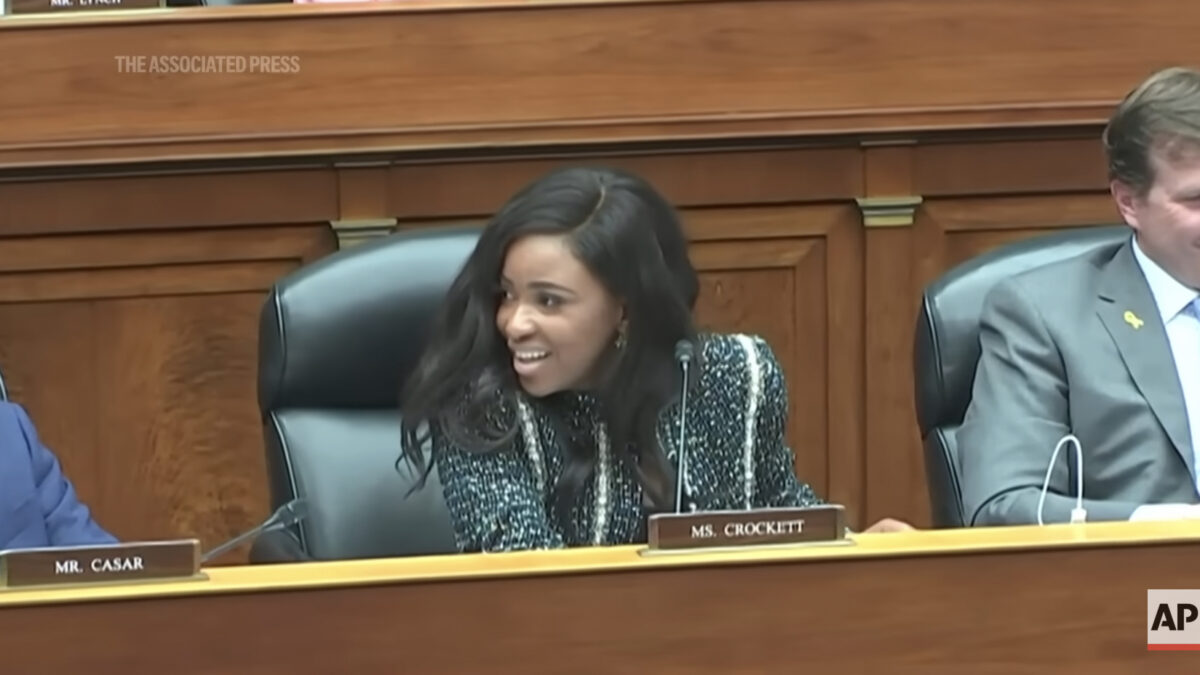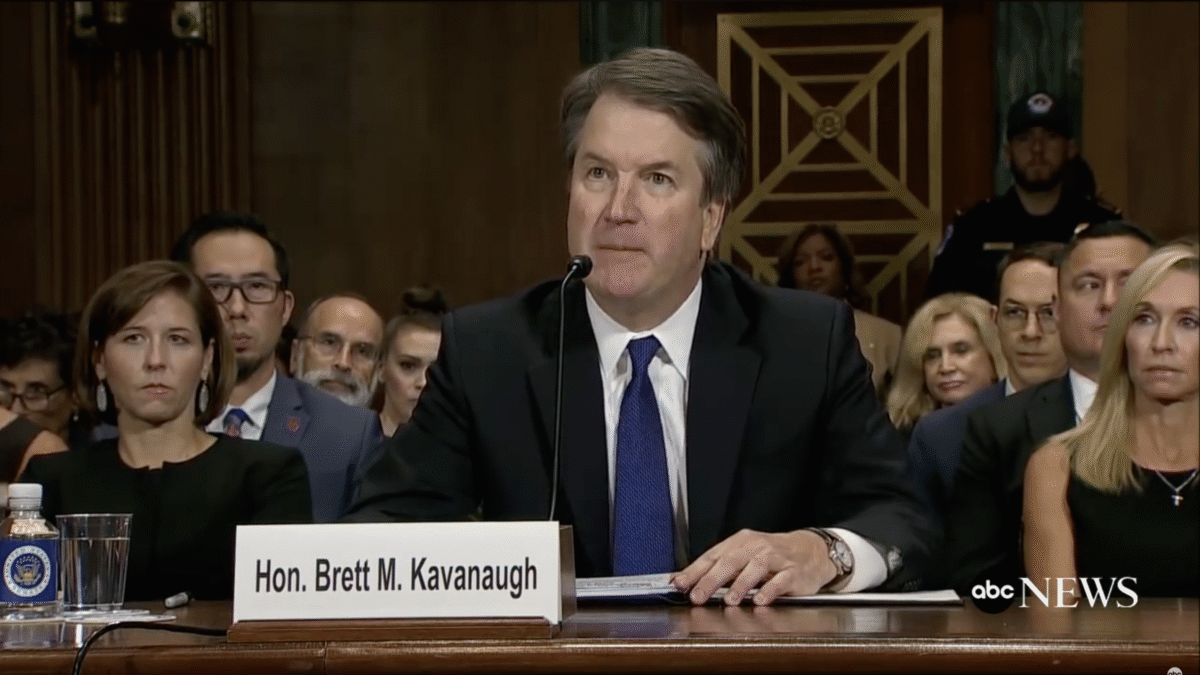
Bruce Springsteen and “Downton Abbey” are not an obvious pairing. So the preview for “Western Stars,” Springsteen’s new album and accompanying documentary, seemed a bit jarring in the context of loyal Downton fans dressed up and waiting for the long-anticipated film to whisk us back to the familiar mustard-colored wedding-cake castle and set us down again among its so very British, so very yesteryear inhabitants.
It’s not just that “Western Stars” is quintessentially American. It’s that Springsteen is the alienated loner writing his own script, adrift in a landscape defined only by its lack of definition. It’s his very freedom — his insistence on liberation from all constraints — that gives him a wrenchingly painful, if intensely authentic, existence. “Got a wife and kids in Baltimore, Jack. I went out for a ride, and I never went back.”
The whole point of “Downton Abbey,” in contrast, is watching people who are defined by their pre-ordained roles in a stiflingly hierarchical social structure cope with the constraints of their lives and, ironically, find happiness there. That’s what kept us glued to our TV screens and has us buying tickets for the movie. We leap at the chance to indulge in nostalgia for a world whose limits we’ll never have to live with, and whose compensations we’ll never get to enjoy.
Chief among those compensations? To quote the film, “Community.” That’s the argument Anna Bates gives Lady Mary in defense of Downton Abbey.
Anna’s pep talk to her mistress in the film is a more spirited defense of the “Gone with the Wind” era of masters and servants than anything in the television series. But the movie is simply making explicit the implicit case for the bygone era of social obligations that animated the TV series. That’s what kept us watching the show. We could bask in the cozy world held together under the imperfect but benevolent rule of Lord Grantham without having to give up any of our own freedom and independence.
Make no mistake, the comforts of Downton Abbey come at that cost. Everyone at Downton, from Daisy the lowly kitchen maid in the show’s first episode to the earl himself receiving notice of the royal visit in the opening scenes of the film, is subject to a higher authority.
It’s that chain of authority that holds the whole thing together. What C.S. Lewis said about marriage is equally true of any group of people living in community. Only the unfashionable virtue of obedience can make any community last, because if there’s a fundamental disagreement about what direction to take, and neither of the parties will yield to the other, then the bond between them has to go.
Julian Fellowes allows the opposition to hierarchy and authority its say, too. As Lady Edith, now the Marchioness of Hexham, complains to her husband — whose obligations as a peer of the realm threaten to take him away from her at a particularly crucial time in their family life — she has given up her independent career in publishing and is now relegated to entertaining people who have a right to a seat at her dinner table. Why can’t she do what she wants with her own life? Well, to quote a different English author, “Few may do that with honor.”
Instead of that old-fashioned duty and honor, we atomized 21st-century Americans have freedom and pride in our self-defined identities. Any suggestion that our desires should give way to our duties is an intolerable affront to our very selves.
On the other hand, the wife and kids left behind in Baltimore might beg to differ. And are we really all that happy out here under “Western Stars,” in perpetual pursuit of our own solitary satisfactions? Or our solitary dissatisfactions, as the case may be, with suicides and other “deaths of despair,” as economists Anne Case and Angus Deaton have labeled them, sharply on the rise.
As a wise man once said, “Don’t make no difference what nobody says, Ain’t nobody like to be alone.”









